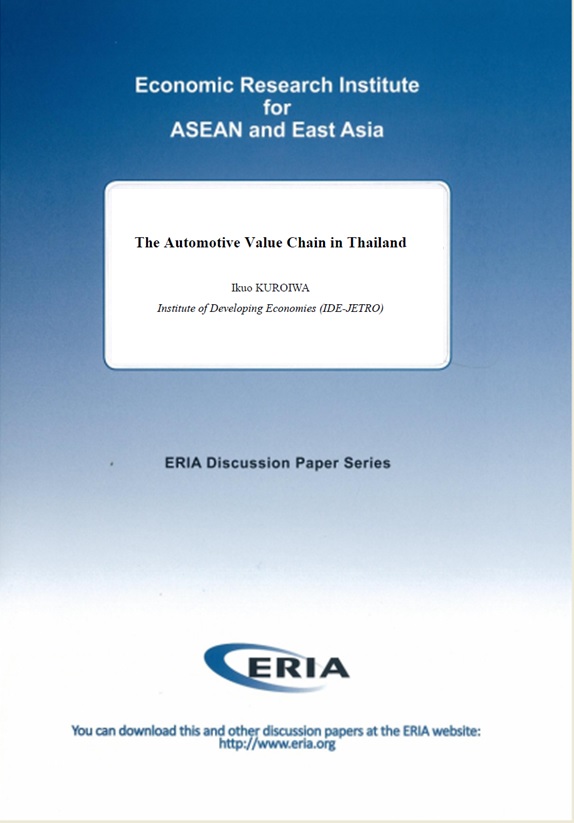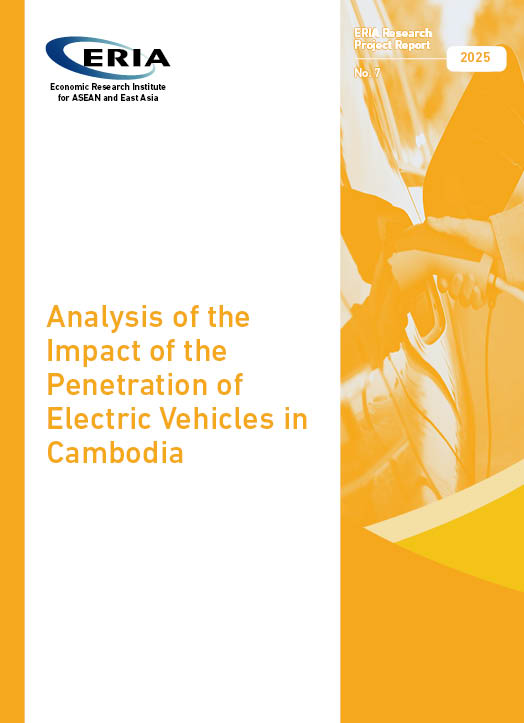The Automotive Value Chain in Thailand

Date:
9 March 2017Type:
Discussion PapersTags:
Thailand, industry and manufacturing, Innovation and TechnologyPrint Article:
A country's participation in global value chains (GVCs) is increasingly becoming important as a strategy for economic development. However, participation in GVCs alone is not sufficient. Industrial deepening - or the formation of backward linkages by creating robust supplier bases - is necessary to sustain economic growth. This paper explores how the automotive value chain has evolved in Thailand since the 1990s. Trade in value-added analysis is applied to the Organisation for Economic Cooperation and Development's Inter-Country Input-Output data. Moreover, the concept of value chain mapping is introduced to illustrate upstream and downstream transactions of goods and services along the value chain. Results show that international linkages were strengthened because of the expanding production networks in Southeast Asia. On the other hand, domestic linkages and domestic content started to decline after a certain point. These results suggest that the benefits of specialisation and exchange have outweighed those of agglomeration in recent decades.




